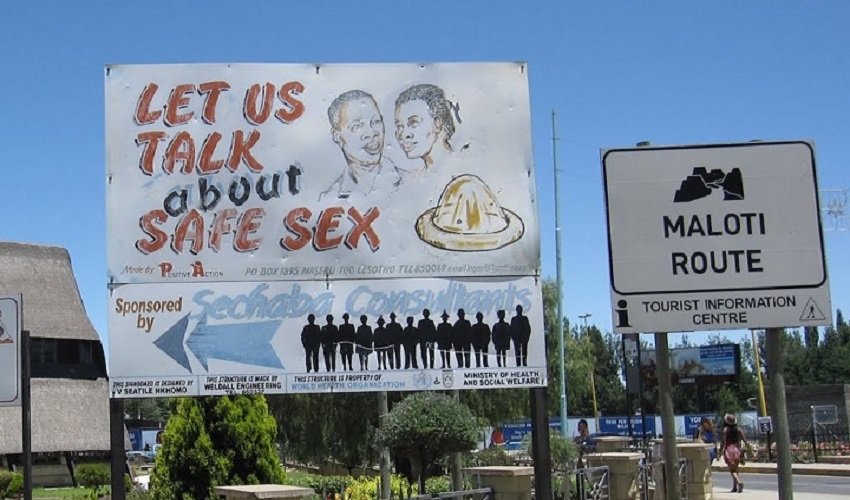LEAP Development Coffee Damien De Walque, World Bank

"Love, Behavior and Incentives in the Time of HIV/AIDS"
Damien De Walque
ABSTRACT:
Worldwide 36.9 million people are currently living with HIV. Since the start of the epidemic, around 78 million people have become infected with HIV and 35.4 million have died of AIDS-related illnesses. Both new HIV infections and AIDS related deaths have been declining since a few years, but the numbers remain very high: in 2017, 1.8 million people became newly infected with HIV and 940.000 people died from AIDS. The human and economic cost of the epidemic has been and remains staggering. The discovery and scaling-up of antiretroviral therapies has been a game changer in prolonging and improving the lives of millions of AIDS patients, with 21.7 million people accessing these therapies in 2017. However, progresses in preventing new HIV infections have been more limited. In his talk, Damien de Walque will discuss the role of behaviors in shaping the profile of the HIV/AIDS epidemic. Who is more likely to become infected and why? How is HIV risk related to gender, education or occupation? Further, looking for innovative mechanisms to reinforce HIV prevention, he will highlight the results from recent field experiments which have tested financial incentives such as conditional cash transfers and lotteries to promote safe sex and reduce the incidence of HIV.
SPEAKER:
Damien de Walque is a Senior Economist in the Development Research Group (Human Development Team) at the World Bank. He received his Ph.D.in Economics from the University of Chicago in 2003. His research interests include health and education and the interactions between them. His current work is focused on evaluating the impact of financial incentives on health and education outcomes. He is also working on evaluating the impact of HIV/AIDS interventions and policies in several African countries. He has worked on evaluating the impact of short-term financial incentives on the prevention of HIV/AIDS and other sexually transmitted infections (STIs): individuals who test negatively for a set of STIs receive regular cash payment in Tanzania, while in Lesotho they receive lottery tickets. On the supply side of health services, he is managing a large portfolio of impact evaluations of results-based financing in the health sector. He has also edited a book on risky behaviors for health (smoking, drugs, alcohol, obesity, risky sex) in the developing world.
For any enquiry, please write to leap@unibocconi.it